

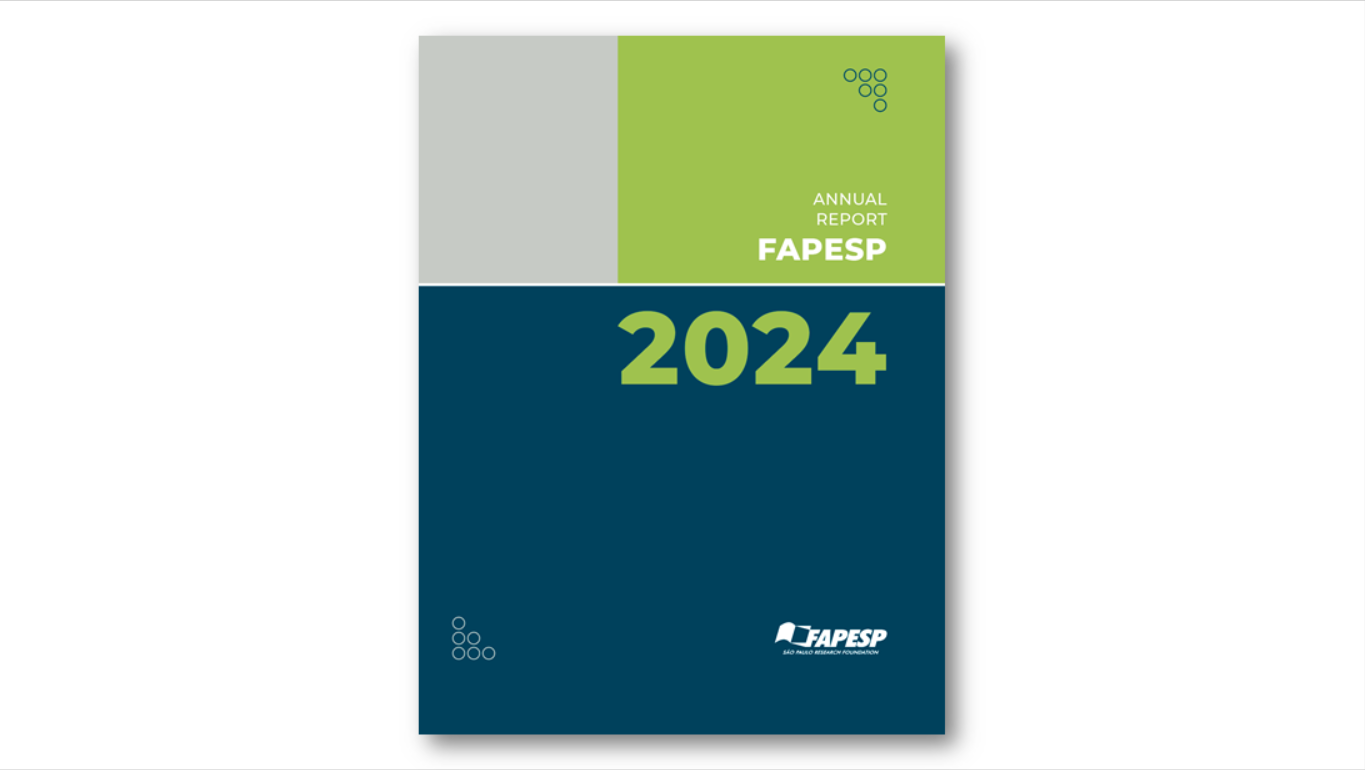
The FAPESP Annual Report records over 27,000 supported projects, an 18% increase over the previous period and a record in the historical series.

The FAPESP Annual Report records over 27,000 supported projects, an 18% increase over the previous period and a record in the historical series.
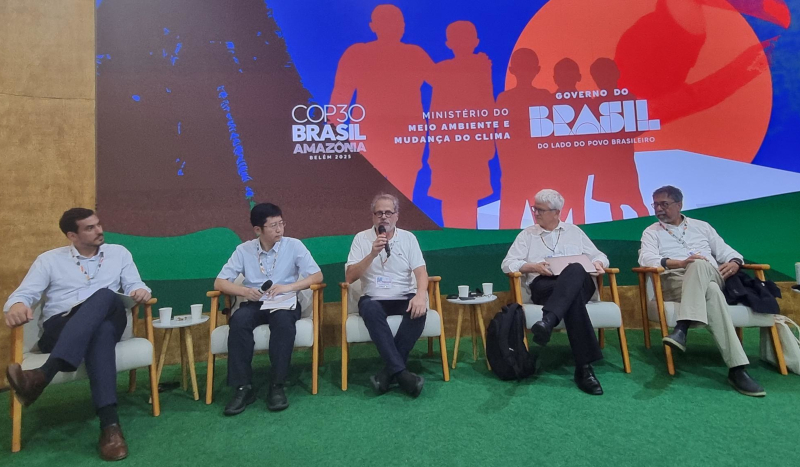
Developing nations hold most of the mineral reserves essential for clean energy and already have experience and a pioneering spirit in creating new markets, such as bioenergy and electric cars, according to participants in a panel discussion promoted by FAPESP at COP30.
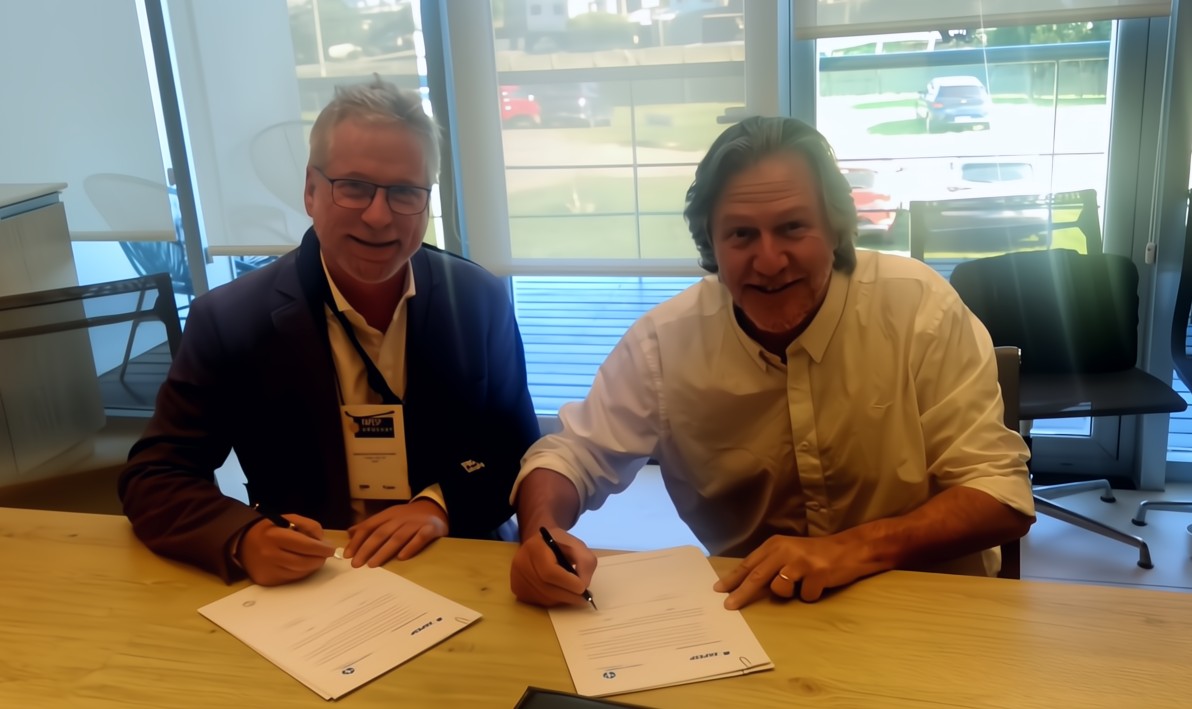
One of the main objectives is to encourage collaboration between researchers from the Uruguayan institution and their counterparts at the Pasteur Institute of São Paulo.

One of the main objectives is to encourage collaboration between researchers from the Uruguayan institution and their counterparts at the Pasteur Institute of São Paulo.
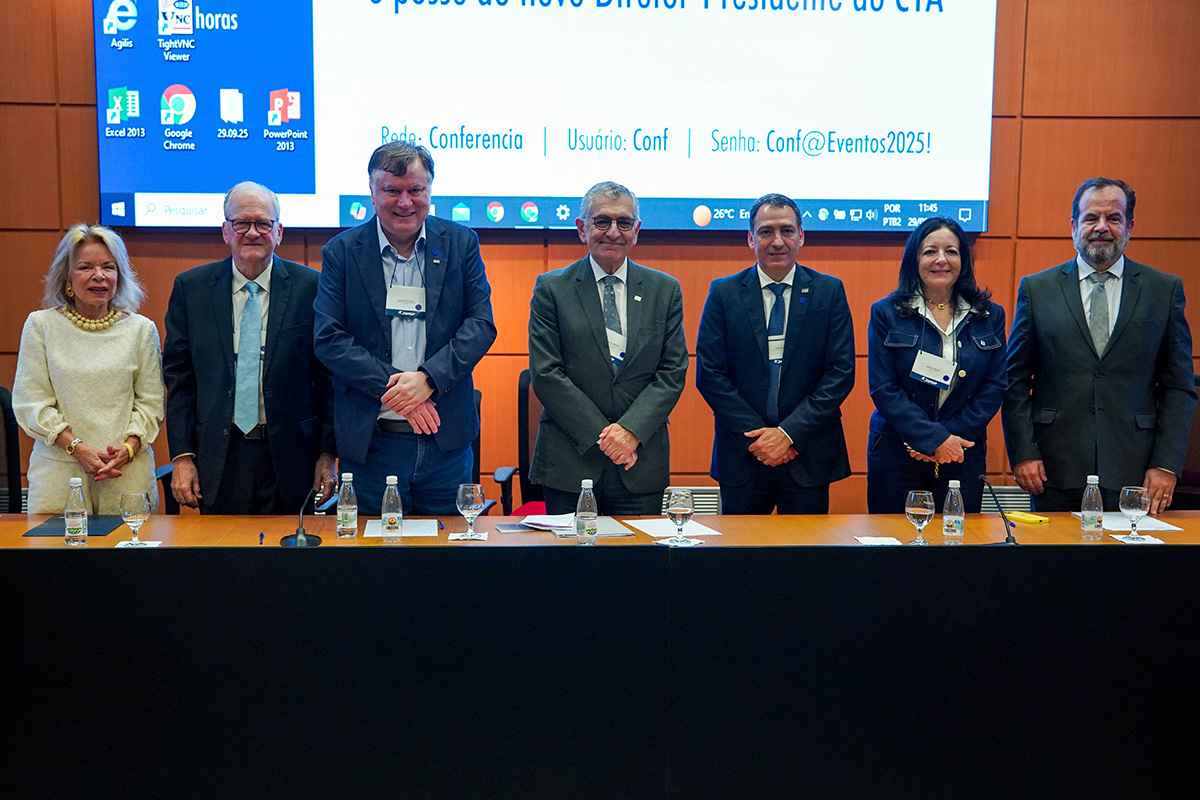
The fourth call for proposals for the program provides for investments of BRL 256 million. The announcement was made at a ceremony that also marked the start of Carlos Graeff’s term as the new CEO of the Executive Board.
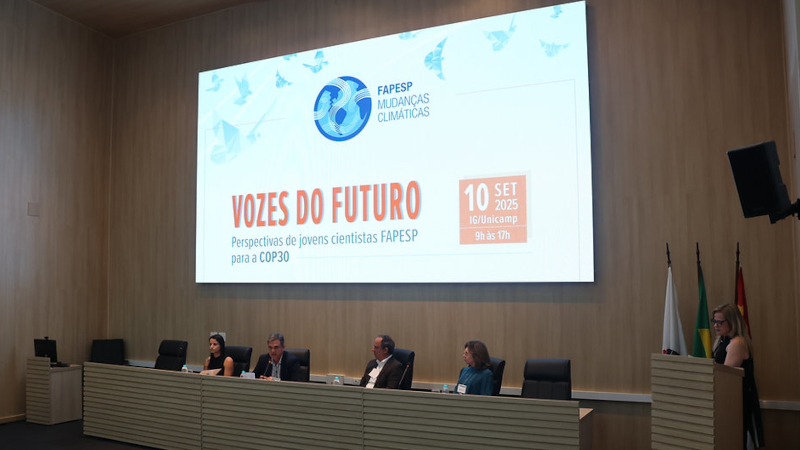
Meeting at the State University of Campinas with a new generation of researchers points to collaboration between sectors to mitigate the consequences of global warming with climate justice.
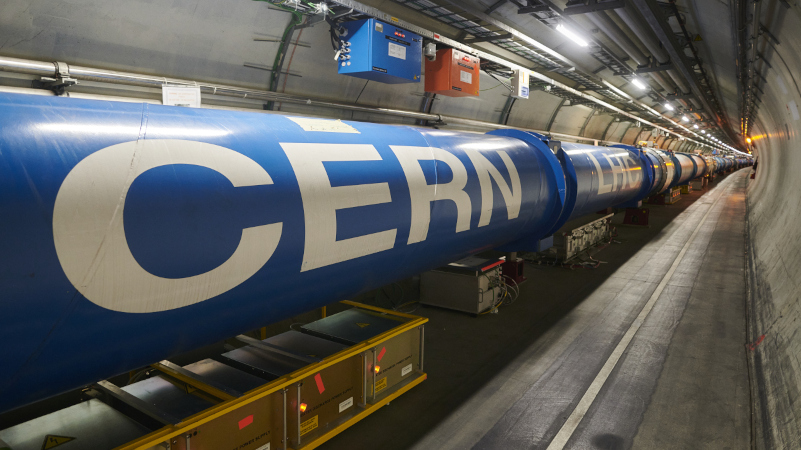
Partnership strengthens support for researchers from the state of São Paulo to participate in activities developed by the European Organization for Nuclear Research.
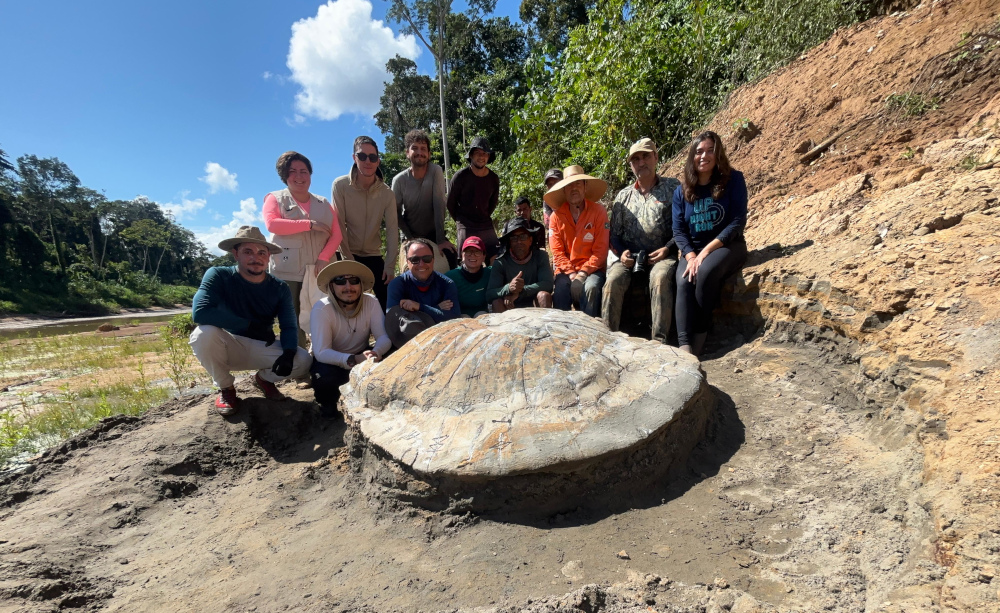
On its first expedition, a project funded by the Amazon+10 Initiative reveals clues about the Amazon millions of years ago.
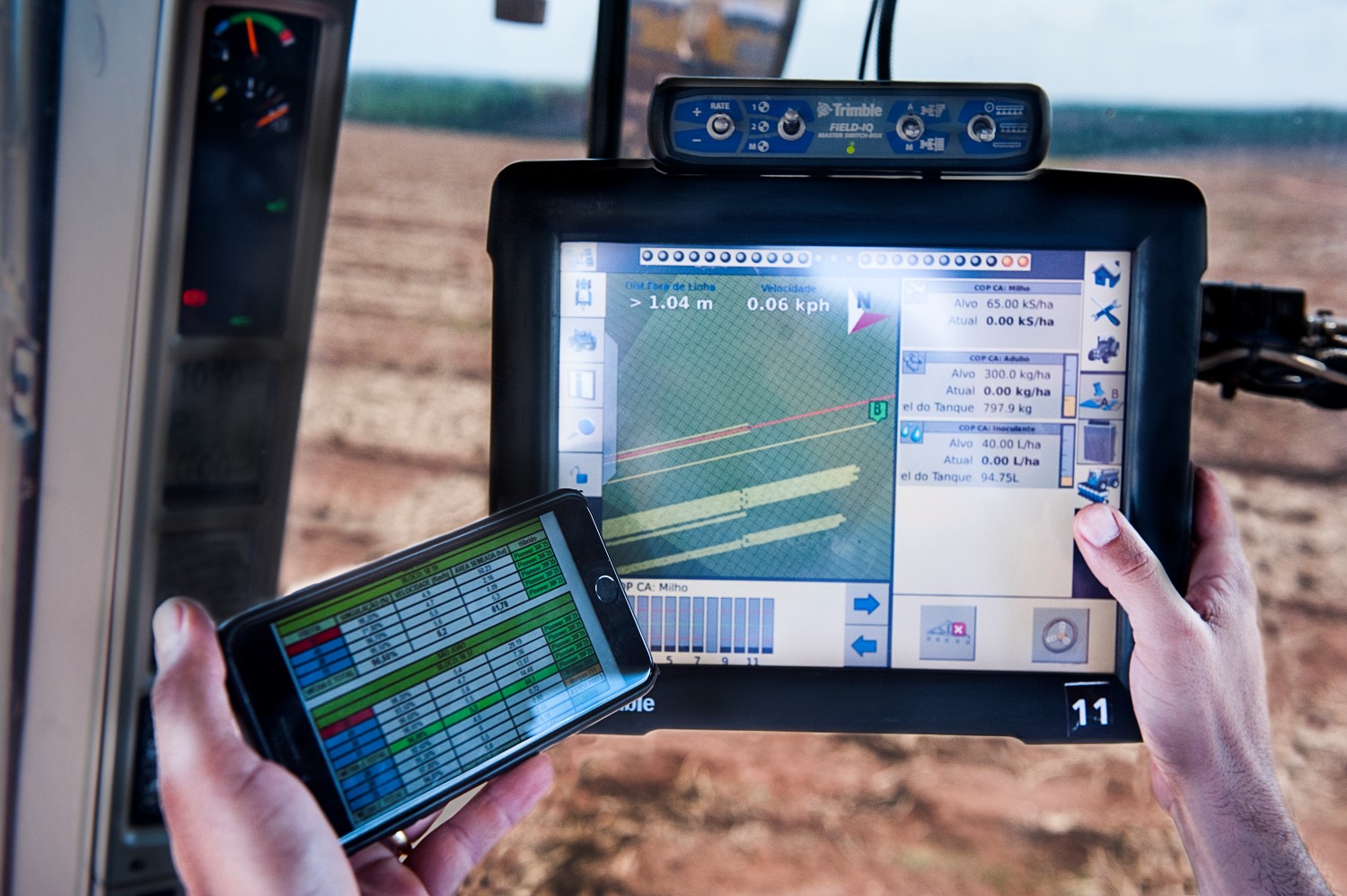
Some of the results of research in areas such as agriculture, health, technological entrepreneurship, and public policy were presented during a seminar at the Foundation.
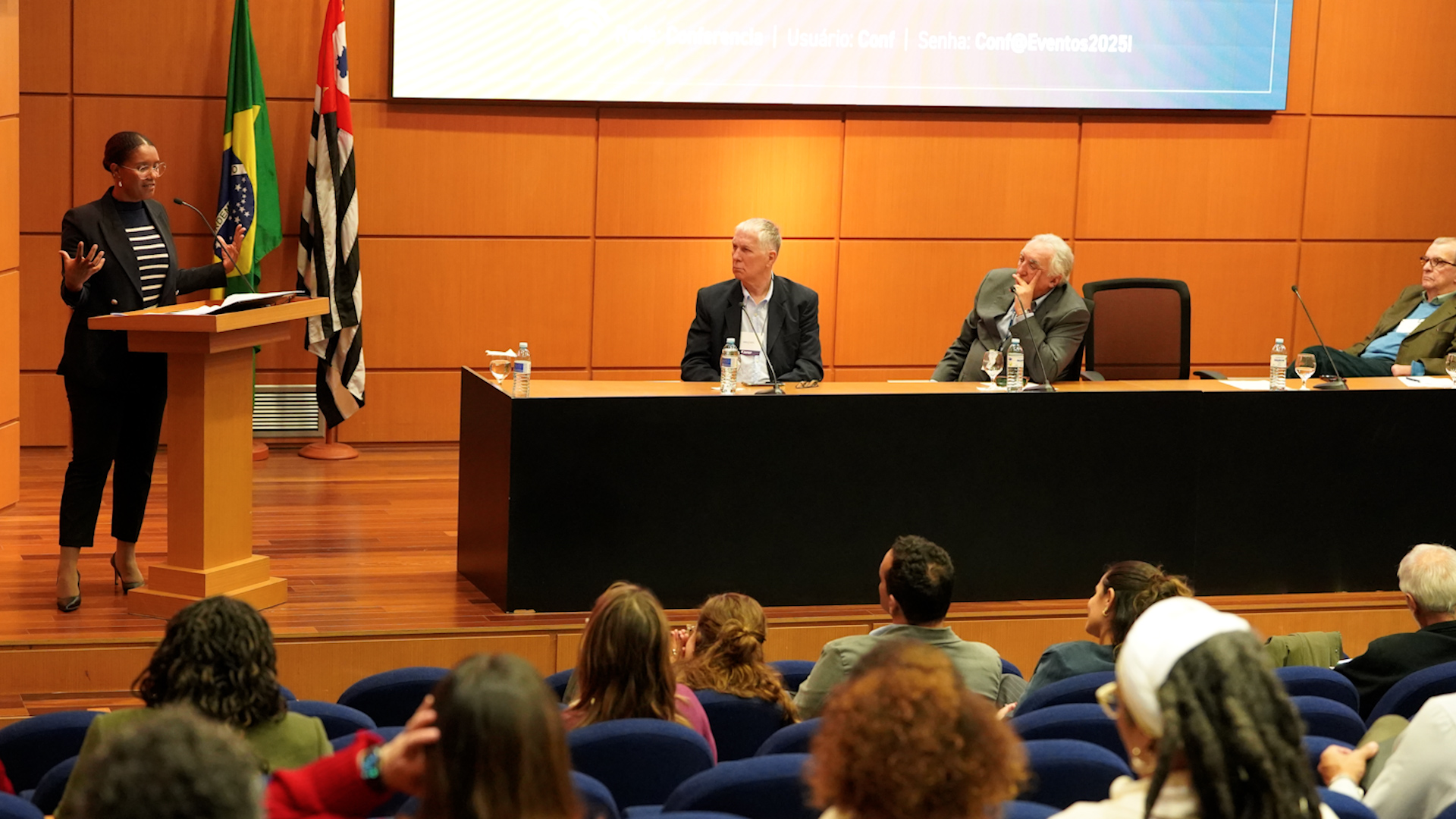
Eurídice Monteiro, the former Secretary of Higher Education in Cape Verde, delivered the 5th FAPESP 2025 Conference. She argued that science is a tool for liberation, grounded in African contributions, cognitive justice, and South-South integration.
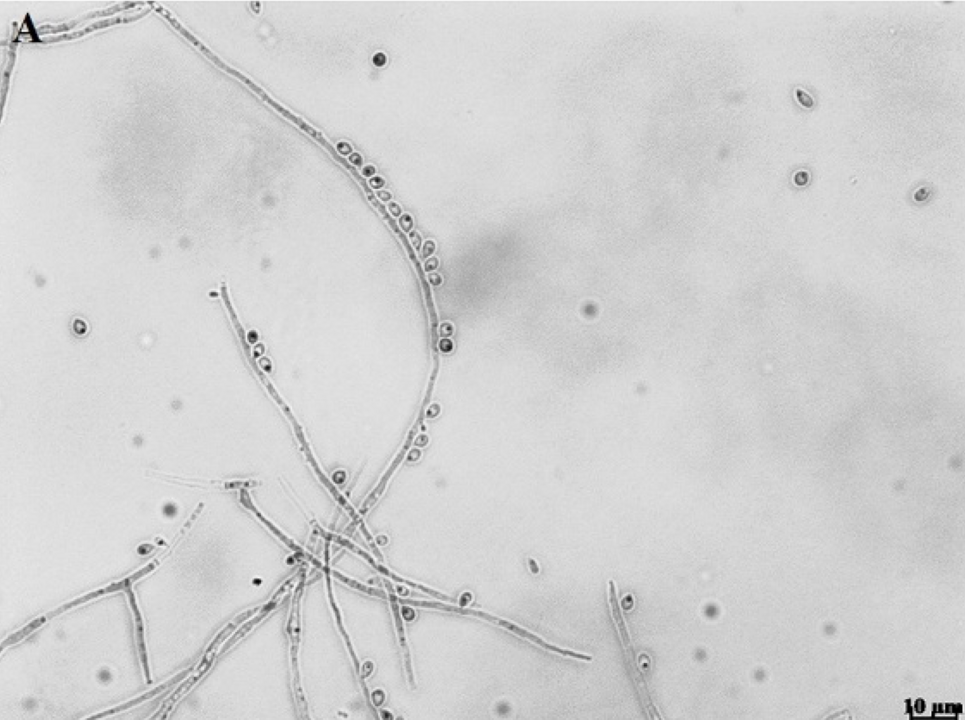
FAPESP will begin supporting the Latin American Center for Medical Mycology, a global network of laboratories led by the University of Exeter in the United Kingdom, which also has a unit in South Africa and will soon open another in Asia. Over five years, the foundation will contribute approximately £ 750,000, while the British institution will invest an additional £ 1 million.
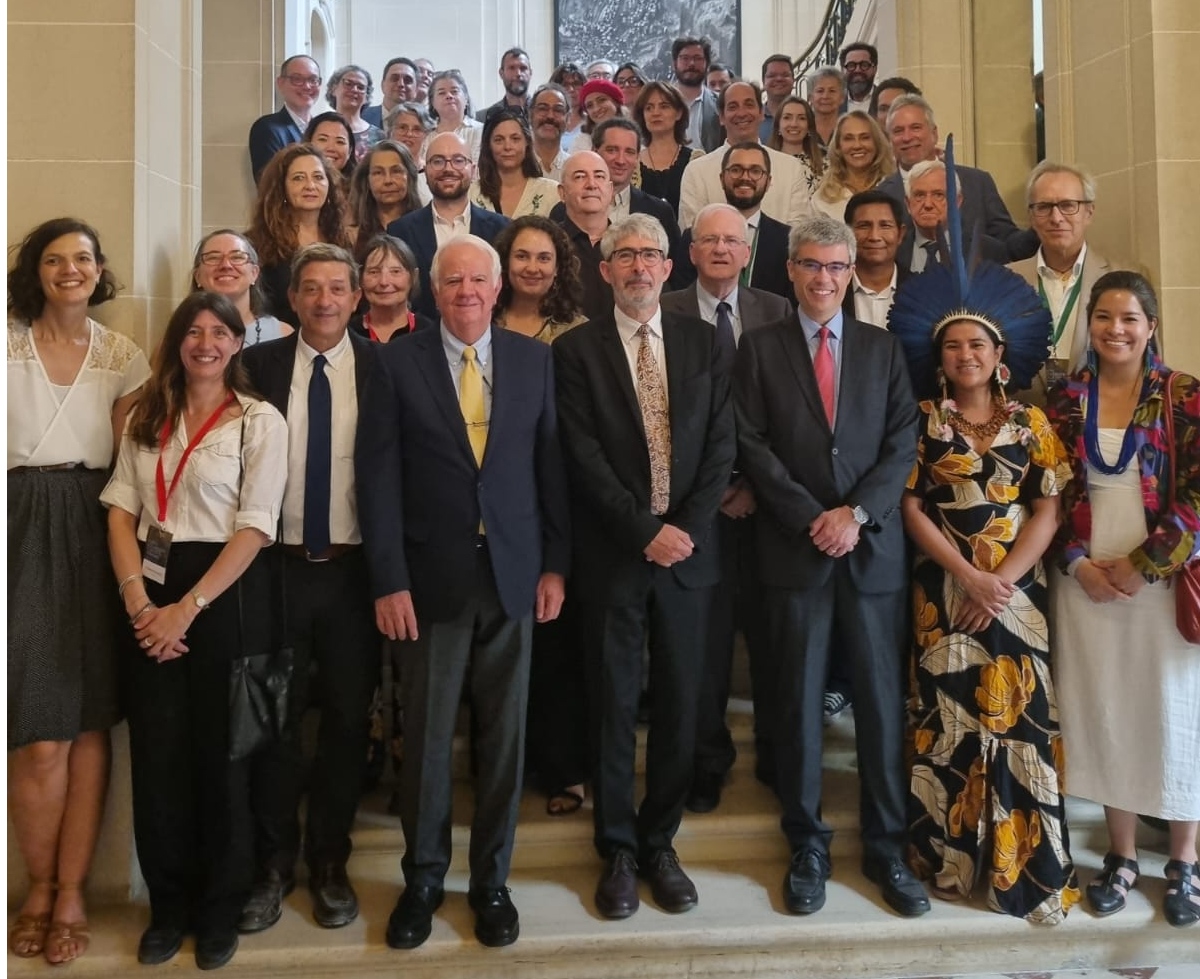
During the visit, a cooperation agreement was signed between the University of São Paulo and the National Museum of Natural History.
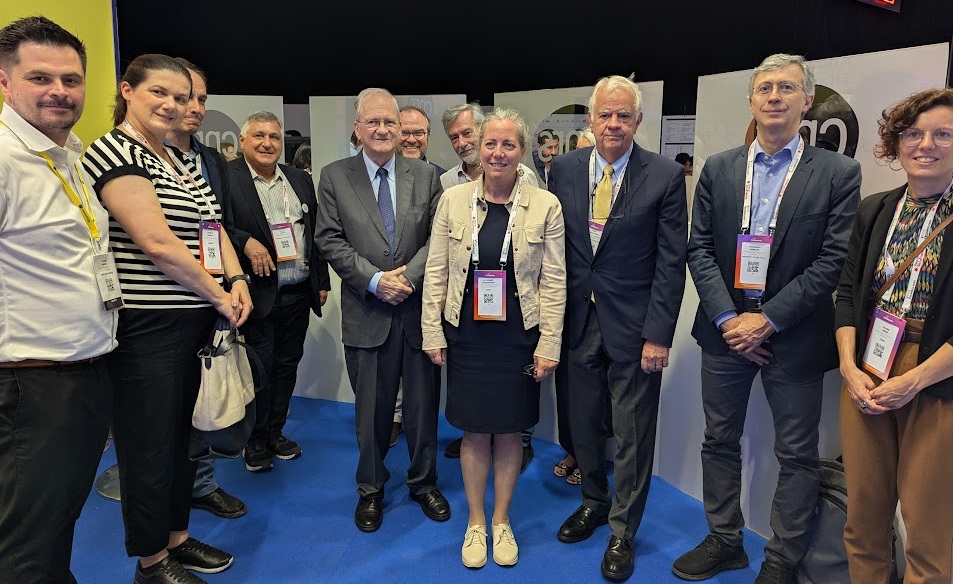
Delegation visiting France to participate in FAPESP Week learns about the instruments available at the French National Center for Scientific Research to support innovation and startups.
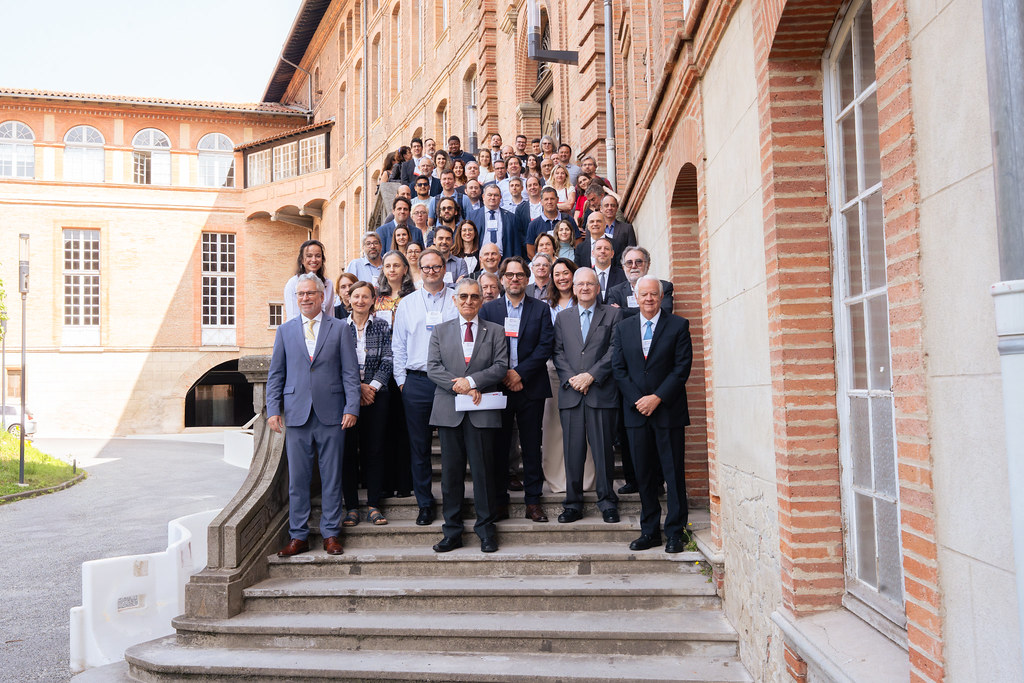
The assessment was made by participants in the opening session of FAPESP Week France in Toulouse.
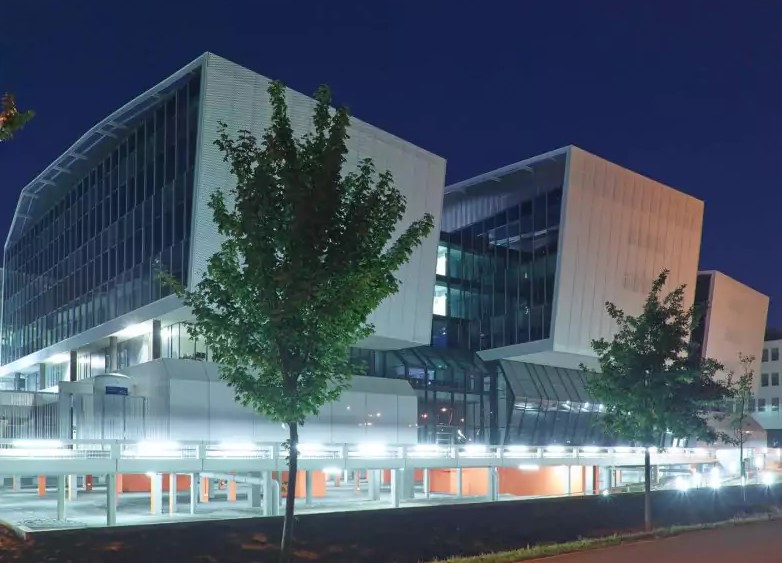
Researchers affiliated with São Paulo’s universities, research institutions, companies, and science and technology-based startups participate in another edition of FAPESP Week in Toulouse and Paris.
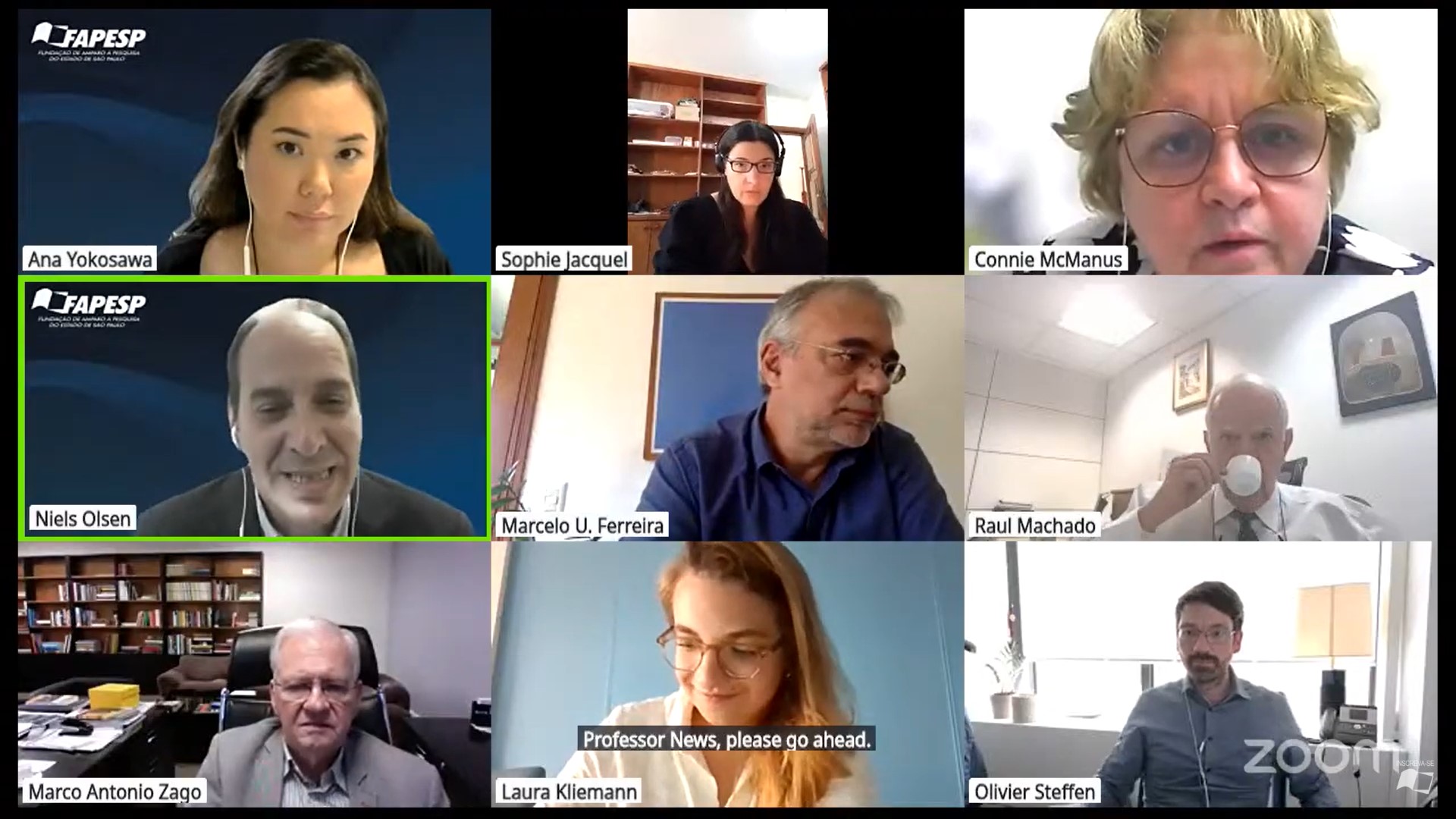
Online event brought together leaders from the Foundation, the Institut National de la Santé et de la Recherche Médicale (INSERM), and the French Embassy in Brazil, as well as researchers.
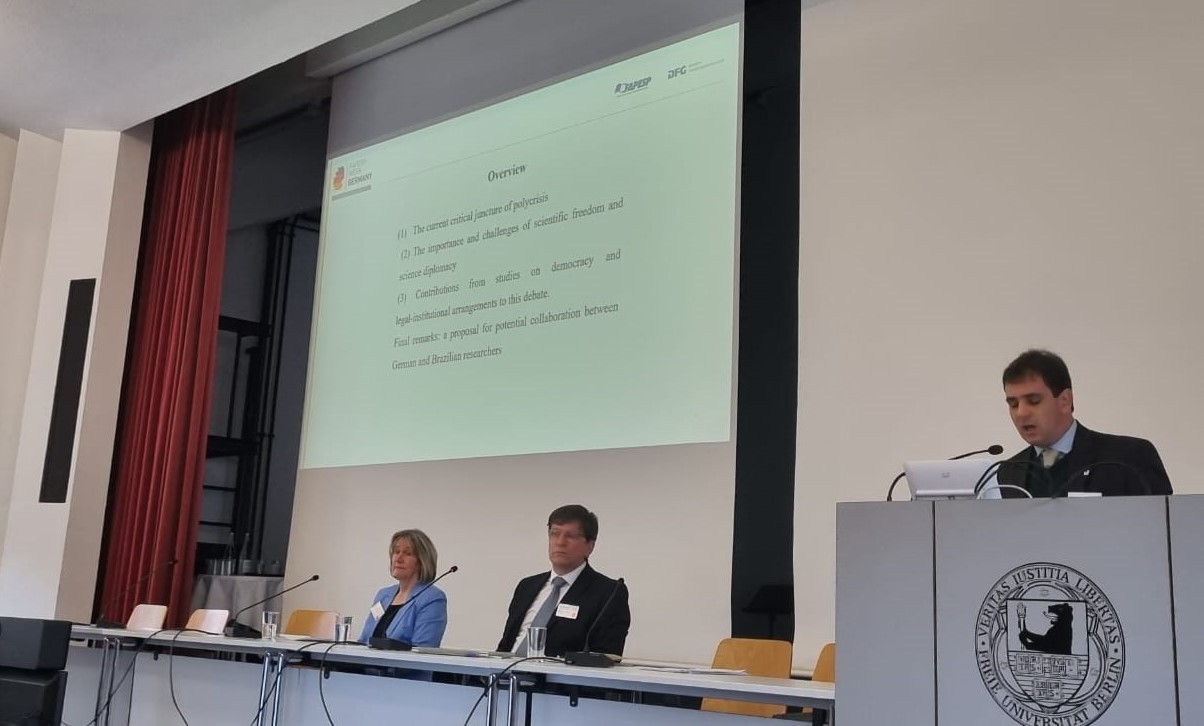
Illiberal and authoritarian governments, economic power and digital media are some of the problems facing scientists, says São Paulo State University professor Murilo Gaspardo in a lecture during FAPESP Week Germany.
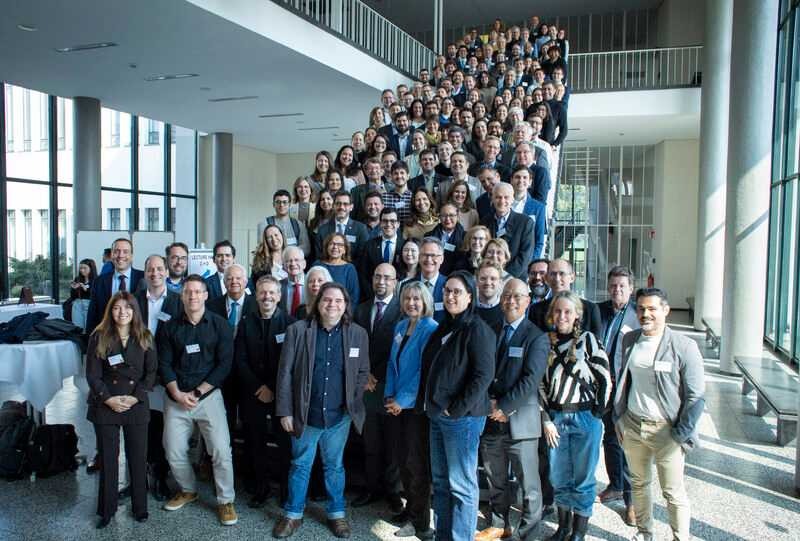
The assessment was made by participants at the opening ceremony of FAPESP Week in the country.
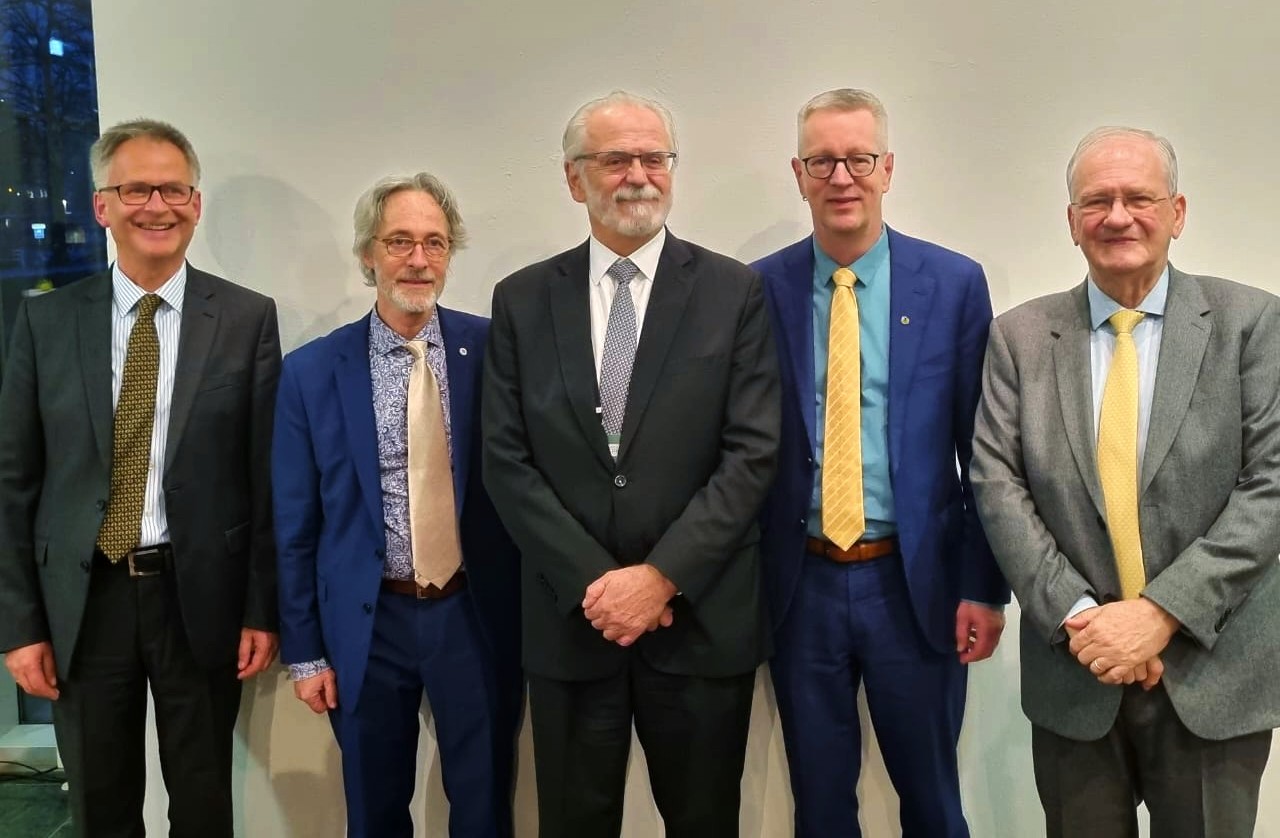
This assessment was made by the Brazilian Ambassador to Germany, Roberto Jaguaribe, during a reception for the participants of FAPESP Week Germany.

German researchers are increasingly interested in topics studied in Brazilian academia, such as indigenous and black feminist thought, said Brazilian researcher Sérgio Costa, Chair of Sociology at the Institute for Latin American Studies of the Free University of Berlin, in an interview with Agência FAPESP. He was one of the speakers at FAPESP Week Germany.
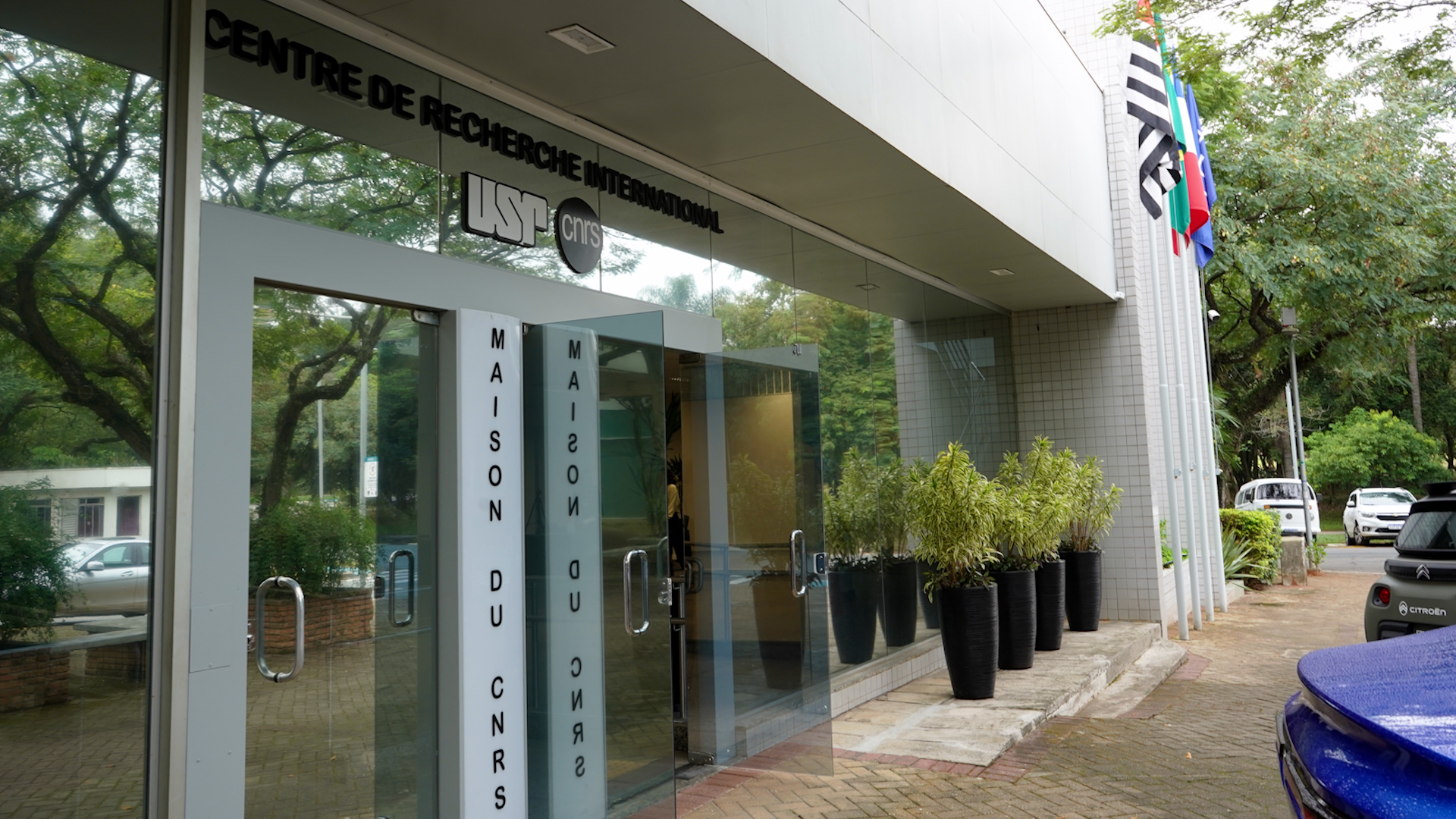
Foundation launches new program to promote the creation of international research centers (CIPs) in universities and institutes in São Paulo.
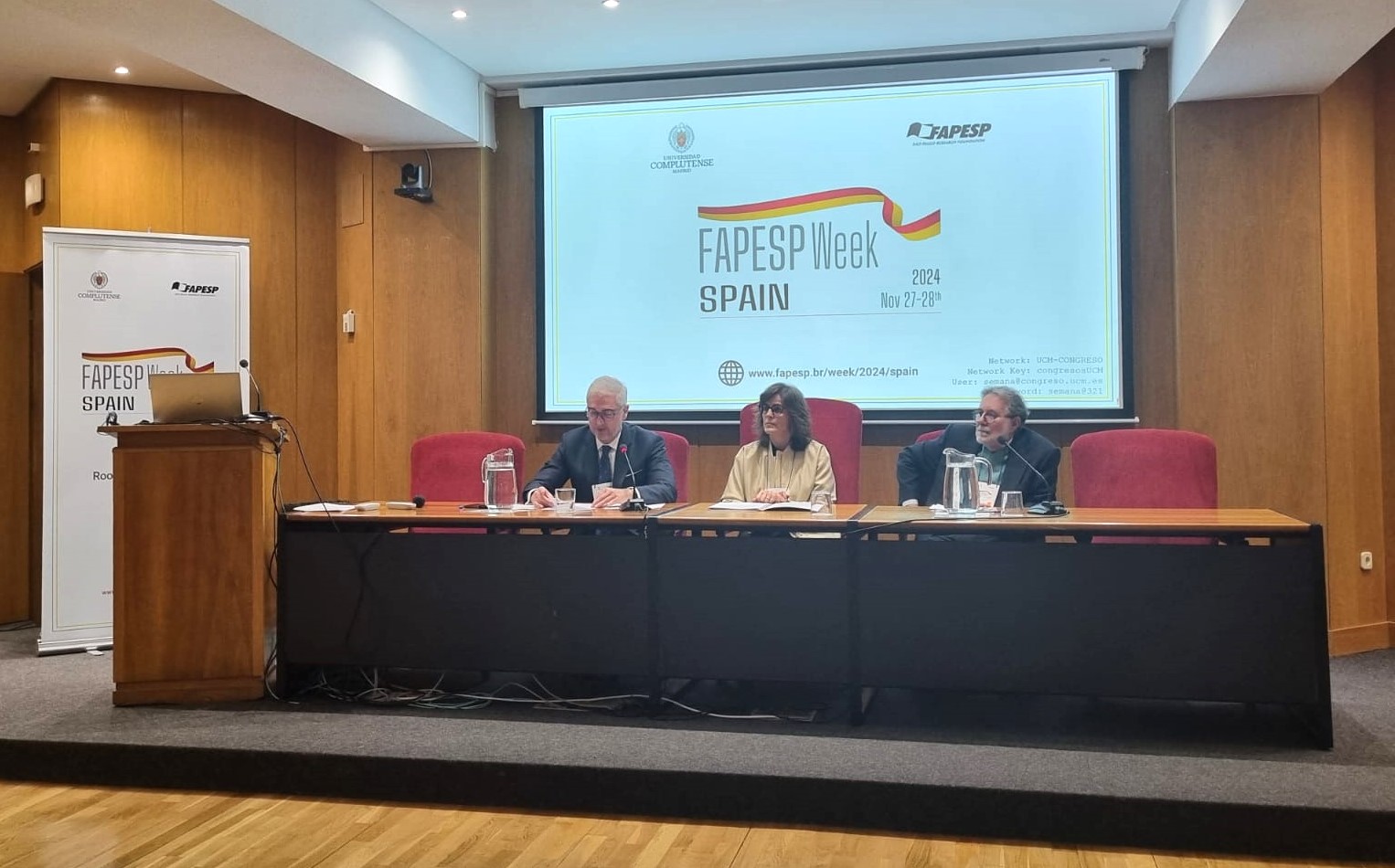
According to participants at the opening session of FAPESP Week Spain in Madrid, there is still a lot of room for increased collaboration between the two countries in these areas.
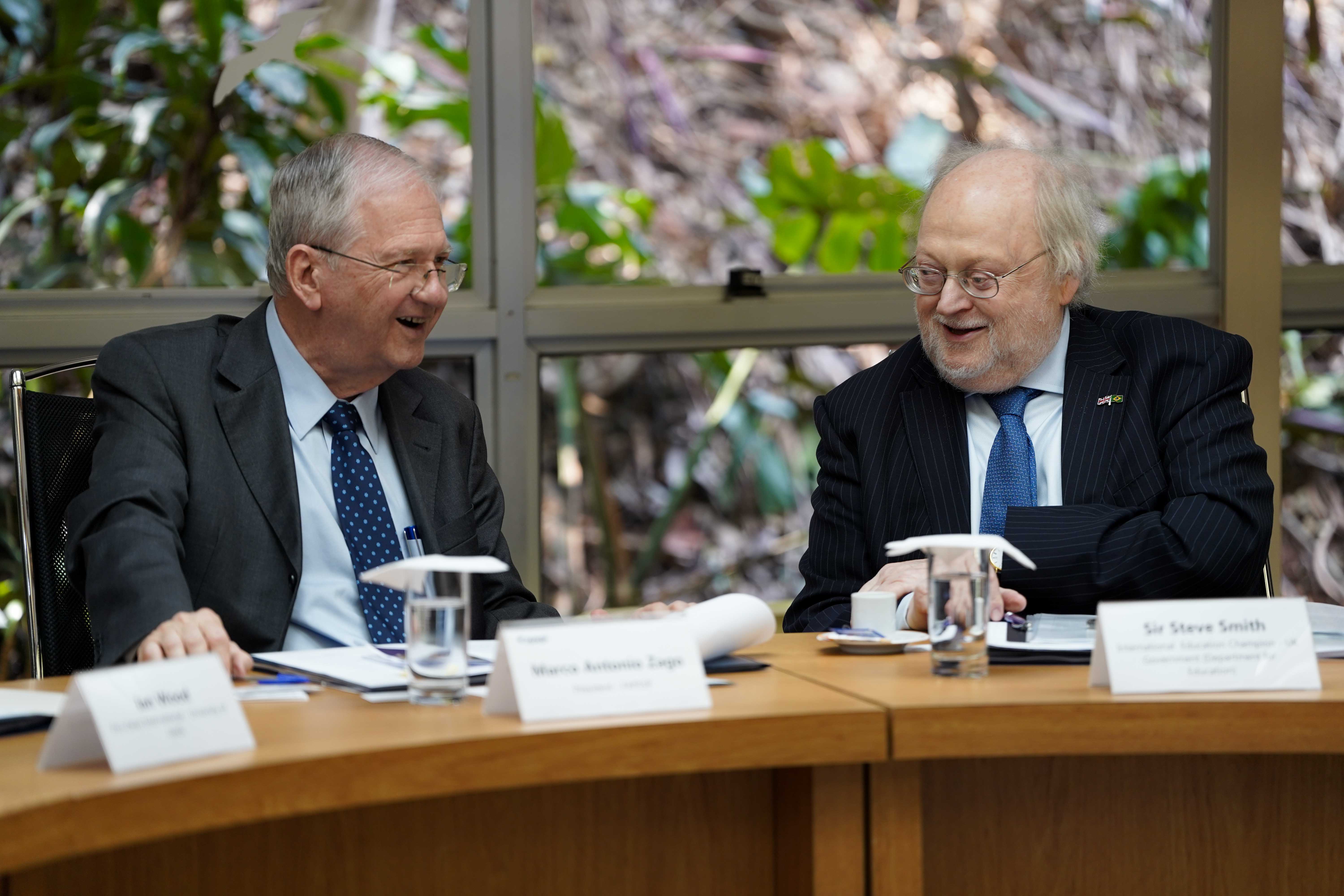
Representatives of the UK Government’s Department for Education and FAPESP discussed strategies to promote more collaboration between researchers based in São Paulo state and at the best British universities.
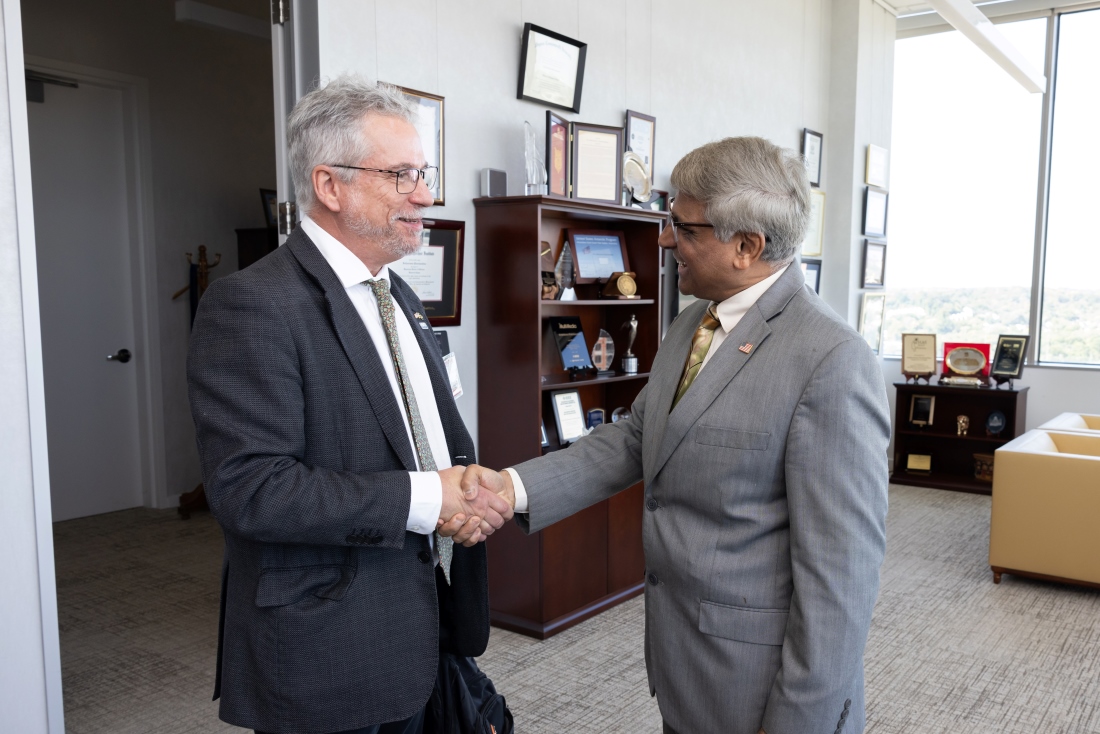
The purpose of the meeting was to align strategies and discuss ways of increasing scientific collaboration among researchers supported by the two institutions.